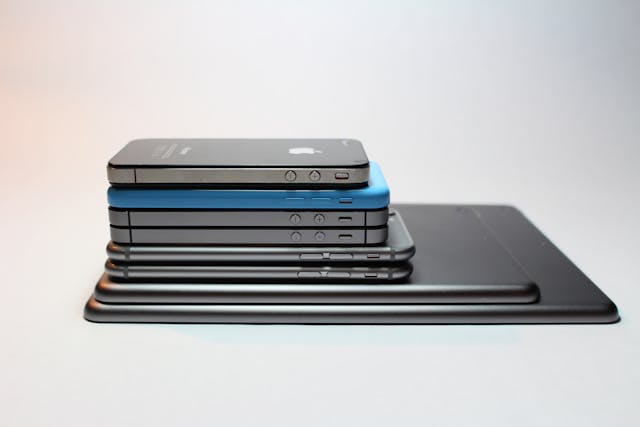Who can be held liable in a product liability case?
Product liability cases can involve multiple parties when a defective product causes harm. Understanding who may be responsible helps in navigating claims and assigning accountability.
Parties That Can Be Held Liable
Manufacturers
Accountable for defects in design, production, or failure to warn about risks.Wholesalers and Distributors
Liable if they altered the product or should have detected issues moving through the supply chain.Retailers
Can be held responsible for selling defective products, even if they didn’t produce them.Importers
Treated like manufacturers when they bring products into the country and distribute them.Component Suppliers
If a faulty component causes harm, suppliers may face liability if they’re the root of the defect.
Why Multiple Parties Can Be Held Liable
Every link in the chain has duty – Each entity must ensure the product is safe when they handle or transfer it.
Distribution may alter risk – Even safe products can become dangerous through modification, mishandling, or improper packaging.
Legal strategy – Claimants often sue all potentially liable parties to increase chances of compensation. Joint and several liability rules may apply.
Who Must Defend a Claim?
Liability may shift based on:
Contractual agreements like indemnity and hold-harmless clauses.
Insurance policies, especially those that cover product liability or supply chain risks.
Frequently Asked Questions (FAQ)
Who is most commonly sued in product liability cases?
Manufacturers are most frequently sued, but retailers and distributors may also face claims depending on the situation.
Can a retailer be responsible if they didn’t know the product was defective?
Yes. Product liability often operates under strict liability—retailers can be held accountable even without fault.
What role does an importer play in liability?
Importers are treated like manufacturers and can face liability for defective products they bring into the market.
Are component suppliers ever liable?
Yes, if a defect in their component causes harm. They may be named alongside manufacturers and other parties.
Summary
In a product liability case, manufacturers, importers, distributors, retailers, and even component suppliers can be held responsible. Liability often extends across the supply chain to ensure injured parties can seek compensation from all capable sources.
Ready to Manage Product Liability Risk?
If you want to ensure your product chain is protected and liability is minimized, we can help.
Get tailored support in supply chain compliance, labeling, and liability planning.

Related Posts
Get a Right Insurance For You
SHARE THIS ARTICLE
We will compare quotes from trusted carriers for you and provide you with the best offer.
Protecting your future with us
Whatever your needs, give us a call, have you been told you can’t insure your risk, been turned down, or simply unhappy with your current insurance? Since 1995 we’ve been providing coverage to our customers, and helping people across United States.












